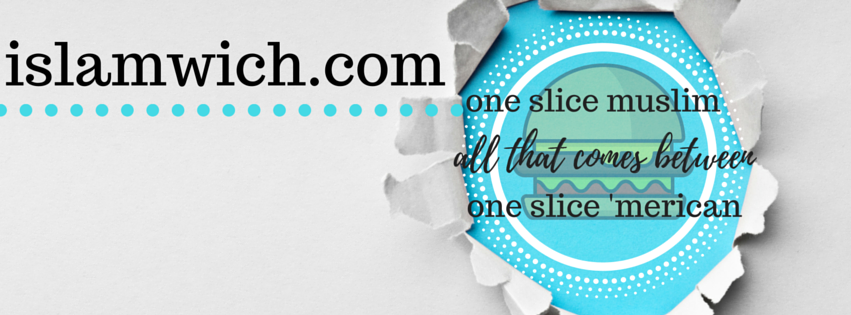Written by Theresa Corbin and originally posted on Aljumuah.com
You are fitna! If you’re a Muslim woman, it’s likely that you have heard this a thousand times. You might have even been convinced that your own existence is somehow bad or the cause of evil or misguidance (which is essentially what fitna means).
“Women are Fitna” has unfortunately turned into a blanket statement and a kind of religious manipulation to keep women from participating in, well, pretty much everything including their own lives.

Much of what Muslim women face in terms of oppression is because many misunderstand the meaning of one particular ḥadîth (a saying of the Prophet Muhammad [PBUH]):
I have not left behind me any fitna more harmful to men than women. (Bukhâri)
And this misinterpretation plays out in very real and destructive ways in Muslim women’s lives.
Fitna in Driving?
Maha Salman recalls a trip to her husband’s country, where she was unaware of cultural standards. She ended up feeling traumatized after being told she had caused fitna. Salman says, “While I was visiting with my family, I needed to get something out of the car.
I put on my outer garments, grabbed the keys, and went to the parking garage. As I approached the car with car keys in hand, one of the [morality police] started running toward me yelling fitna and something else in Arabic that I didn’t understand.”
While disallowing women to drive is seen in few countries, it is still based on the “religious” assumption that women driving, in their particular local context, will lead to fitna, or a door to sin, in many ways. Yet we know that in the Prophet’s time his wives rode camels, the modern equivalent to driving. The Prophet œ said:
The best women among the camel riders are the righteous women of the Quraysh. (Bukhâri)

